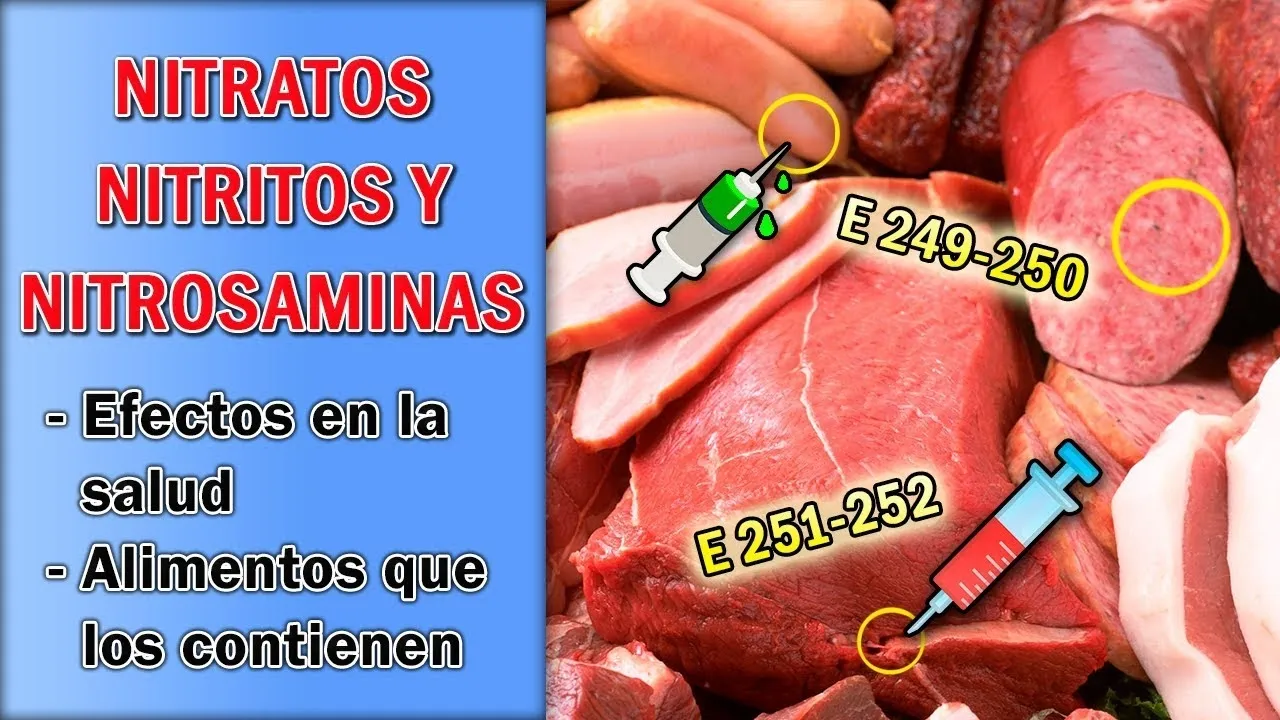In type 2 diabetes there are factors on which we have no control, such as the genetic component of the disease, and there are also others that we are discovering right now.
This is the case of nitrites, which we have known thanks to a new scientific study conducted by researchers from the Sorbonne Paris Nord University, where it is described how the intake of these substances can raise the risk we have to suffer from type 2 diabetes.
Although the safety of these chemical compounds has more than a decade, the European Food Security Authority (EFSA), in a recent report it decided not to vary the maximum recommended amounts.
The most common variants of nitrites are Additives E-249 (potassium nitrite) and E-250 (sodium nitrite), which are used by the food industry to avoid bacterial growth in cheeses, fish and meats.
In particular, the foods that contain them are those cured meat products, such as cecina, although they are also found in other foods such as some vegetables and in certain water sources.
To carry out their study, the researchers analyzed the medical data of nothing more and nothing less than 104,168 participants of the Nutrinet-Santé study, which collects health and nutritional information since 2009 in France.
Thanks to this huge study group, scientists were able to relate the consumption of nitrites (in the form of food additives) with a greater risk of developing diabetes.
The curious thing, the researchers explain, is that until now it was believed that the sister molecule of the nitrites, the nitrates, behaved similarly.Luckily, they add, no correlation was found between a high nitrate intake and the increased risk of developing type 2 diabetes.
According to the authors themselves, "these results provide us with more than use in the discussion on the reduction of the consumption of nitrites used in meat processed by the food industry. Similarly, this discovery could promote better management and regulation ofsoil pollution produced by fertilizers. "
It is expected that, with these discoveries, the EFSA, in the near future, update the official limits to the consumption of these substances.Until then, maintaining control, not only about what we eat, but about what we eat, is a priority.


